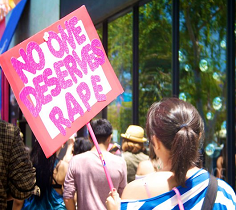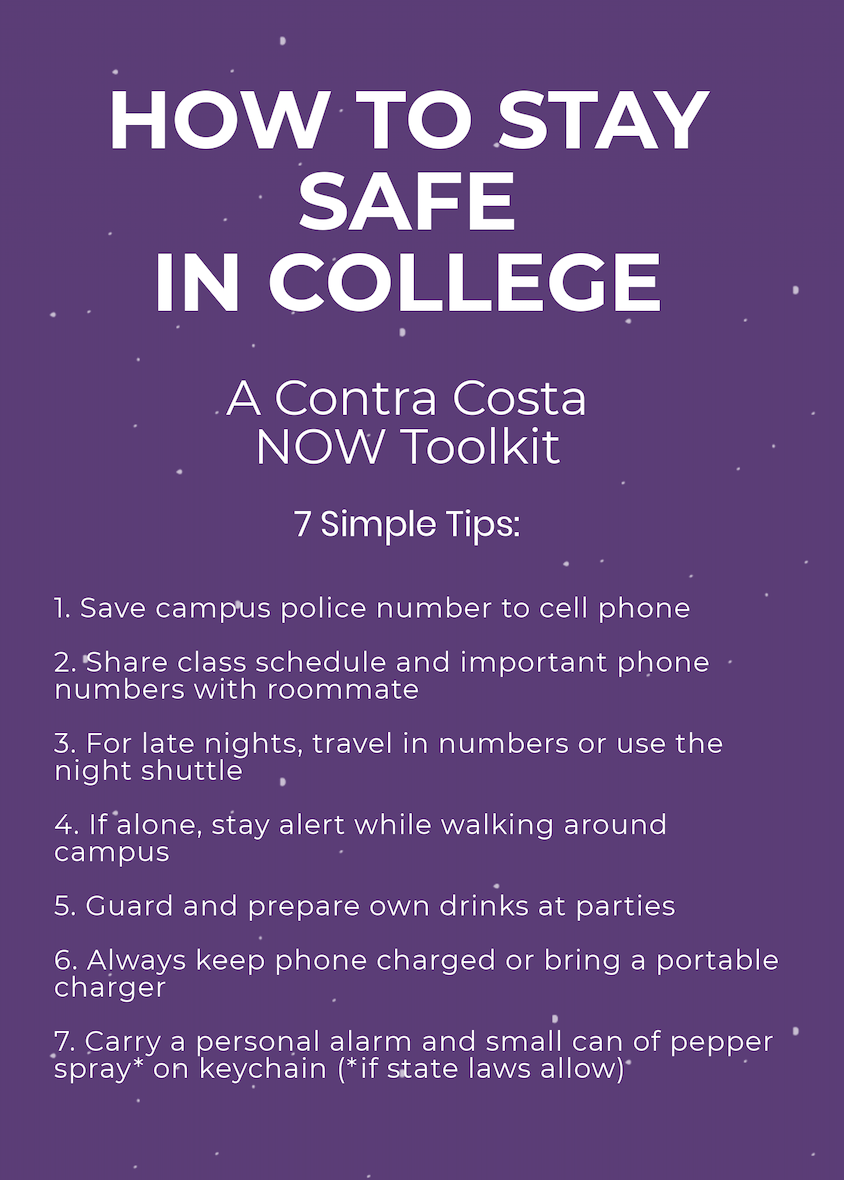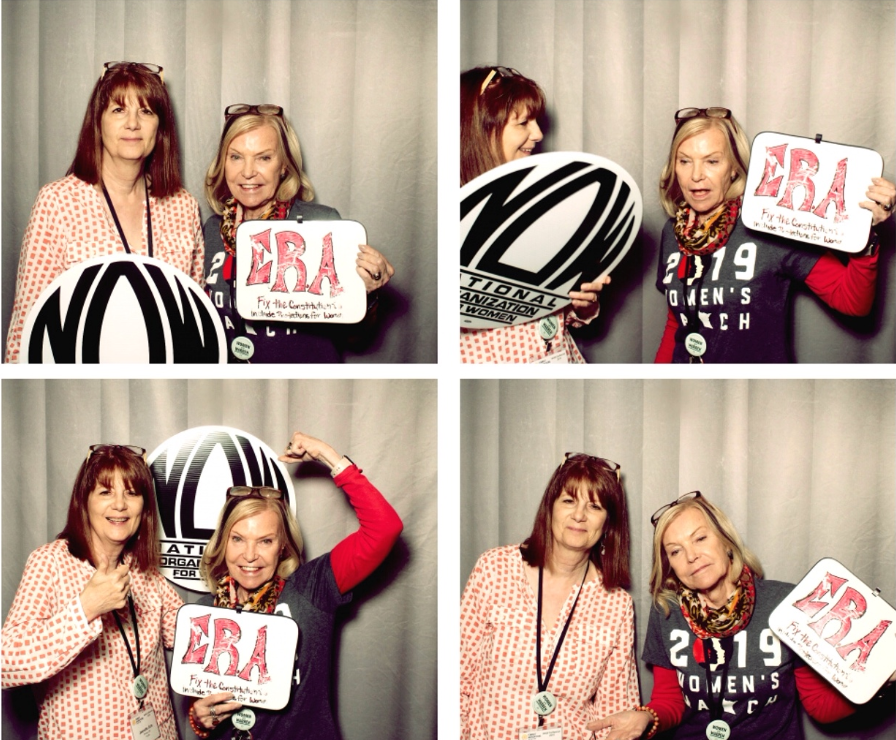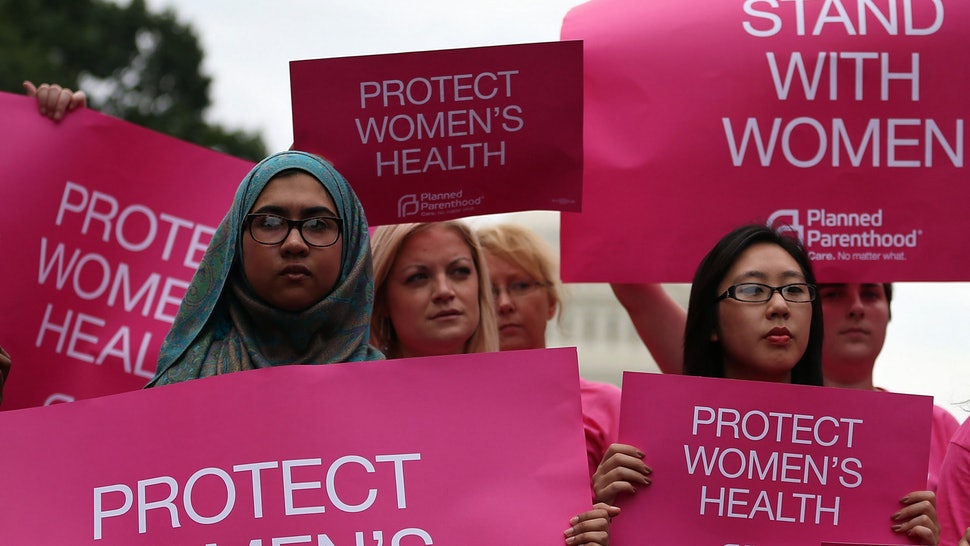| Statement by National NOW President Toni Van Pelt
June 29, 2020 WASHINGTON, D.C. – The Supreme Court’s decision today in June Medical Services v. Russo struck down a Louisiana law imposing targeted restrictions on abortion providers (TRAP laws) that the Court had previously found unconstitutional in Texas. TRAP laws are not designed to protect women’s health, but rather to expand the power of patriarchal church leaders and conservative Republicans and to dictate women’s most personal health decisions. The court also declined to rule on third-party standing which means that abortion providers can continue to challenge law that restrict access on behalf of their patients which is a crucial win for abortion activists. The case was a challenge to a Louisiana law requiring abortion providers to have admitting privileges at a nearby hospital. As Justice Stephen Breyer noted in his majority opinion, this case was “almost word-for-word identical” to the law at issue in the Texas case, Whole Woman’s Health v. Hellerstadt, from 2016. In that case, the crucial fifth vote was cast by Justice Kennedy—but his replacement, Justice Brett Kavanaugh, voted to keep the restrictions on the books. Chief Justice John Roberts voted with the majority in this case, but only because he agreed with Breyer that the issues had already been decided by the Court. He reiterated his opposition to the arguments made by the majority in Whole Woman’s Health v. Hellerstadt. He doesn’t agree with Justice Breyer that the Texas and Louisiana laws “will continue to make it impossible for abortion providers to obtain conforming privileges for reasons that have nothing to do with the State’s asserted interests in promoting women’s health and safety.” This means that with John Roberts, Brett Kavanaugh and Neil Gorsuch on the Court, access to abortion care is still on the brink of repeal. NOW applauds today’s legal victory, but we have no illusions about the challenges women still face in defending their reproductive rights from activist judges and extremist politicians. Today we celebrate, but tomorrow we march—and in November, we vote. |
Supreme Court Upholds Abortion Rights In Louisiana – But We’ve Still Got Work To Do
Justice for All
In this time of conflict and uncertainty Contra Costa NOW would like to express our support for the dismantling of institutional, cultural, and interpersonal racism that exists in our society. We condemn the policies that allow our government agencies to target, discriminate, and enact violence against people of color and their supporters. We mourn for the death of every person targeted by these shameful policies. We encourage all of our members to renew their commitment to working toward a society which values peace, equality, and justice for all of its citizens.
Contra Costa NOW Members at the Women’s March 2020
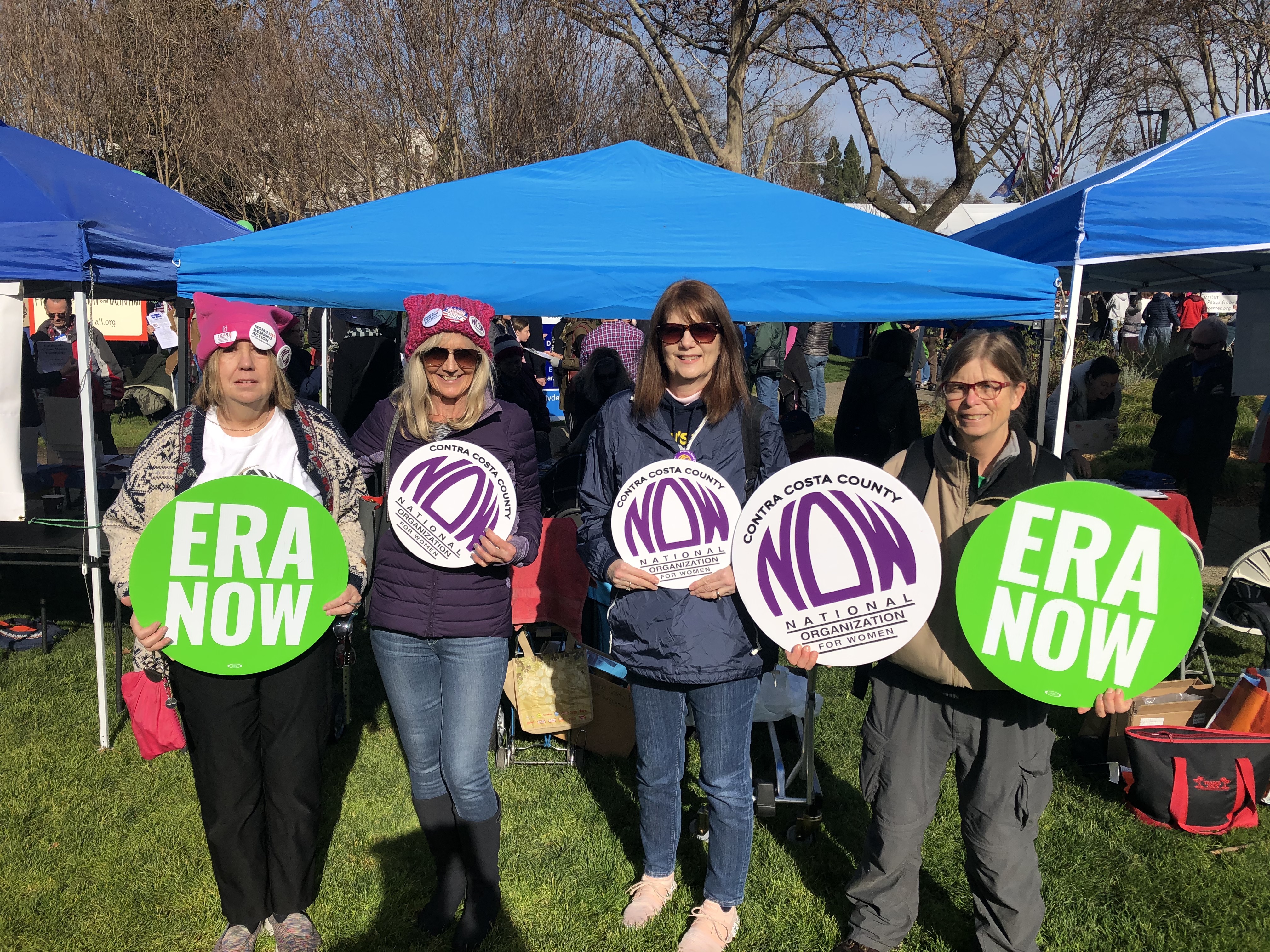 Contra Costa NOW members at the Women’s March 2020
Contra Costa NOW members at the Women’s March 2020
College Campus Safety Tool Kit
Statistically, women are at an elevated risk of sexual violence from ages 18-24. According to the Rape, Abuse & Incest National Network (RAINN) 23.1% of females and 5.4% of males experience forms of rape or sexual assault. Sadly, we also know that women also face an increased risk of sexual assault on a college campus.
As a part of NOW’s commitment to eradicating all violence against women, Contra Costa NOW is providing 7 Point Safety Tool Kit for female college students.
The following is a detailed guide on how to stay safe on campus:
- Add the number for local campus police to your cell phone contacts. Make it one of your “favorites” or program it into speed dial for easy access.
- Exchange daily class schedule and important phone numbers with your roommates in case of emergency.
- Always travel with someone else, especially in deserted, not well-lit parts of the campus at night. Look into your college’s campus night shuttle, if provided.
- Stay alert when walking around campus when going places alone, like to class or the dorms. Only keep one headphone in and take notice of the “blue light” campus emergency phones if necessary.
- To avoid cases of drug-facilitated sexual assault, guard your drink and party smart. Do not accept drinks from strangers or prepare them yourself.
- Make sure to charge your phone before going out and keep a portable charger handy in case you need to make an emergency call.
- If you find yourself in an unsafe situation and need to protect yourself, carry a small container of pepper spray on your keychain. Be sure to check your state’s legal guidelines before buying one. Carrying a personal alarm on your keychain is also a helpful precaution to take.
- If you happen to become a victim of sexual assault, call 911, campus police, family, a trusted friend, or the national sexual assault hotline (1-800-656-HOPE) for help and assistance. The hotline can also provide a list of hospitals so you can seek medical attention.
Download our Stay Safe on Campus Tool Kit.
Abortion Bans Don’t Work. Here’s Why.
By Anahita Ghajarrahimi
Abortion bans do not prevent the one thing they are supposed to: abortion. Instead, they restrict women from making decisions about their health. By banning abortion, women lose legal access to safe and effective abortions, which in turn threatens their health – the opposite of protecting life.
Contra Costa NOW believes that restricting access to abortion threatens women’s self-autonomy and ability to make decisions about their own bodies. State-level restrictions on abortion disproportionately affect groups like low income women and women of color; the intersections of oppression in these demographic groups build on one another, making access to legal and safe abortions much more difficult (3).
Brief historical background of Abortion Rights
Roe v. Wade, the landmark 1973 Supreme Court decision that declared abortion as constitutional right, affirmed that women have the right to privacy and that the state cannot interfere with a decision between a doctor and woman (2). However, through the 1992 Supreme Court decision on Planned Parenthood v. Casey, states could restrict and define how much of access women have to abortion, as long as there is no “undue burden” on the woman; the effects of this decision are increasingly seen today.
Current situation in state-level legislative policy on abortion
Most states allow abortions until 24 to 28 weeks of pregnancy, but recently several states have passed early abortion bans that vary in their limitations on when a woman can get an abortion (1). The most extreme case is Alabama; abortion is only allowed if the woman’s health is at risk, with no exception for rape or incest. Other cases include Ohio, Kentucky, Missouri, Louisiana, Mississippi, and Georgia, who recently passed laws that ban abortion after 6-8 weeks, and Utah and Arkansas, banning abortion after 18 weeks. Contra Costa NOW deeply condemns these states who have severely restricted women’s access to safe and legal abortions.
Communities of color are more at risk
Race and socioeconomic status disproportionately affect women’s ability to get an abortion because abortion access stems from greater access to healthcare. Women of color and low income women are among demographic groups that are under significant attack from restrictions on abortion; the Hyde Amendment of 1976 bans those who receive federally-funded health insurance, including Indian Health Services and Medicaid, from using their benefits for abortion costs – only cases of direct risk to women’s health and pregnancy due to rape and incest are allowed. The Hyde Amendment also unfairly affects women of color because of the systematic links between income inequality, racism, and sexism; for instance, 30% of Black women and 24% of Hispanic women are enrolled in Medicaid as opposed to 14% of white women (4). Thus, women of color, who are more enrolled in Medicaid than white women, face greater challenges in obtaining access to abortions. The current early abortion bans only increase the difficulty for these communities because the greater time restraints on when a women can legally get an abortion build on already-existing challenges of healthcare access (6).
What can we do to help?
In California, women have the choice to obtain an abortion up until fetal viability (usually 24 weeks), and post-viability abortions are still performed if the mother’s health, life, or overall well-being is at risk (5). However, other states do not offer the same reproductive rights. Speaking out against bans and uplifting those sharing their stories with abortion helps remove the stigma around the procedure. Donating directly to local, grassroots organizations is a monetary way to help out these states affected by the ban.
- The Yellowhammer Fund – Alabama
- SisterSong – Georgia
- Mississippi Reproductive Freedom Fund – Mississippi
- Gateway Women’s Access Fund – Missouri
- Preterm – Ohio
- Access Reproductive Care – Southeast
Planned Parenthood has begun the #BansOffMyBody campaign in order to gather support across the country to fight back against the recent bans. They plan on attacking these bans both in the courts and the streets. Planned Parenthood Northern California’s Director of Public Affairs, Lauren Babb, states that the organization “will always be there for our patients. We will fight to ensure that patients – and everyone in this country – can still access health care, no matter what.”
Contra Costa NOW champions those voicing their support for access to safe and legal abortions, especially for community members who face more challenges gaining healthcare access due to racial or socioeconomic status. Here are more ways to fight back against the abortion bans:
- Go to https://www.istandwithpp.org/call/house-nobans to call your U.S. representative and ask them to co-sponsor a resolution in support of protecting access to reproductive health care.
- Donate to The National Organization for Women to help us in the fight for greater reproductive justice.
- Take action via one of our mobilization campaigns here.
Sources:
Gordon, Mara, and Alyson Hurt. “Early Abortion Bans: Which States Have Passed Them?” NPR, NPR, 5 June 2019, www.npr.org/sections/health-shots/2019/06/05/729753903/early-abortion-bans-which-states-have-passed-them.
“History of Abortion.” National Abortion Federation, prochoice.org/education-and-advocacy/about-abortion/history-of-abortion/.
“Mobilize for Reproductive Justice.” National Organization for Women, now.org/nap/reproductive-justice/.
“Hyde Amendment.” Planned Parenthood Action Fund, www.plannedparenthoodaction.org/issues/abortion/hyde-amendment.
Rodriguez, Ambrosio. “Understanding Abortion Laws in California.” The Rodriguez Law Group, 4 June 2018, www.aerlawgroup.com/understanding-abortion-laws-in-california/.
“The Hyde Amendment.” National Network of Abortion Funds, 13 Jan. 2017, abortionfunds.org/hyde/.




